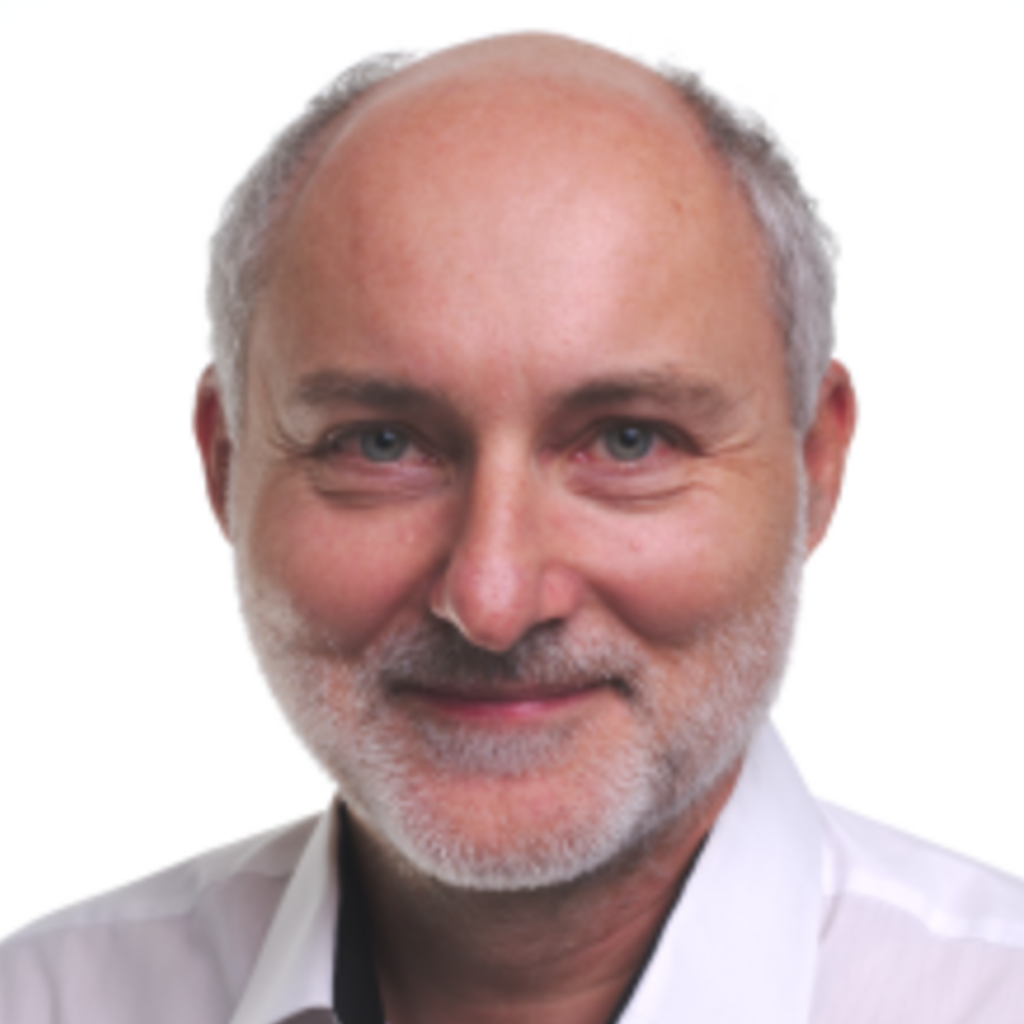
Roberto Di Cosmo
Director of Software Heritage, Chair of the Software College of the French National Committee for Open Science
An alumnus of the Scuola Normale Superiore di Pisa, with a PhD in Computer Science from the University of Pisa, Roberto Di Cosmo was associate professor for almost a decade at Ecole Normale Supérieure in Paris. In 1999, he became a Computer Science full professor at University Paris Diderot, where he was head of doctoral studies for Computer Science from 2004 to 2009. President of the board of trustees and scientific advisory board of the IMDEA Software institute and chair of the Software chapter of the National Committee for Open Science in France, he is currently on leave at Inria.
His research activity spans theoretical computing, functional programming, parallel and distributed programming, the semantics of programming languages, type systems, rewriting and linear logic, and, more recently, the new scientific problems posed by the general adoption of Free Software, with a particular focus on static analysis of large software collections. He has published over 20 international journals articles and 50 international conference articles.
In 2008, he has created and coordinated the european research project Mancoosi, that had a budget of 4.4Me and brought together 10 partners to improve the quality of package-based open source software systems.
Following the evolution of our society under the impact of IT with great interest, he is a long term Free Software advocate, contributing to its adoption since 1998 with the best-seller Hijacking the world, seminars, articles and software. He created in October 2007 the Free Software thematic group of Systematic, that helped fund over 50 Open Source research and development collaborative projects for a consolidated budget of over 200Me. From 2010 to 2018, he was director of IRILL, a research structure dedicated to Free and Open Source Software quality.
He created in 2015, and now directs Software Heritage, an initiative to build the universal archive of all the source code publicly available, in partnership with UNESCO.
